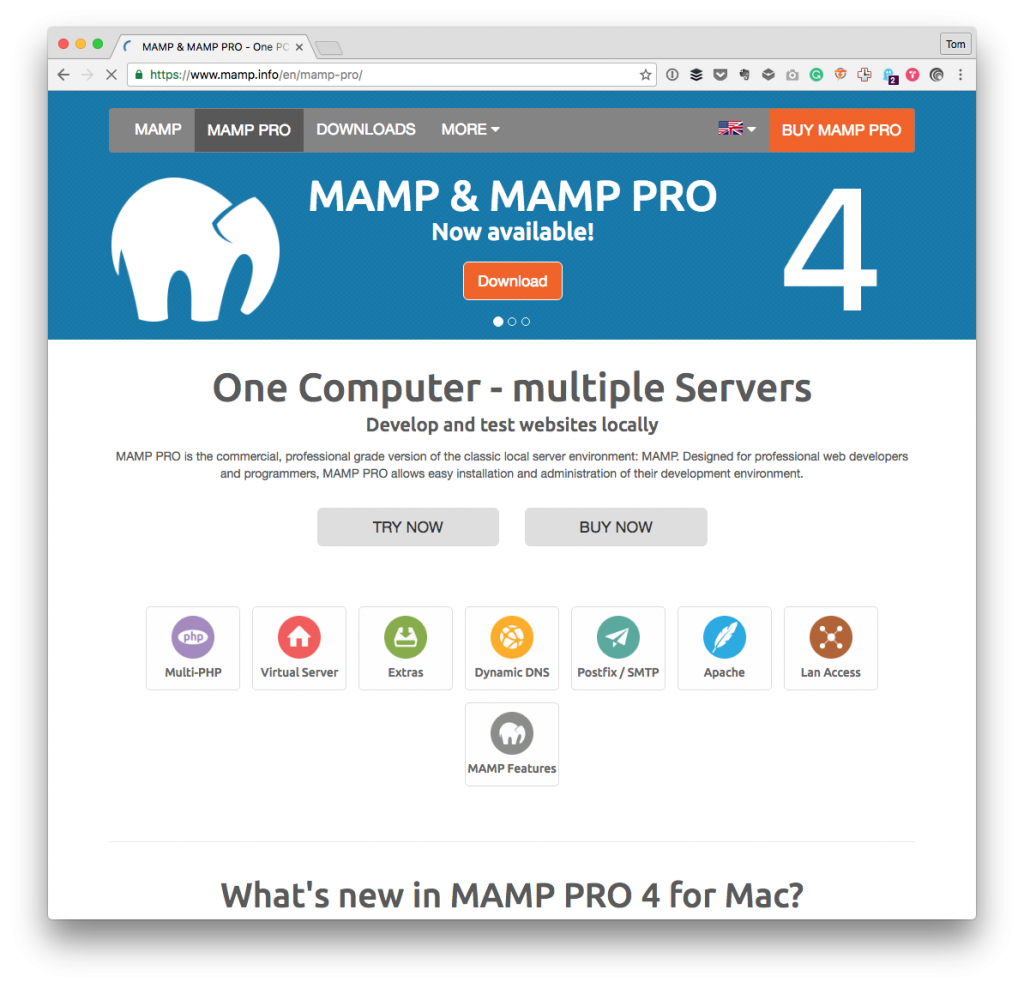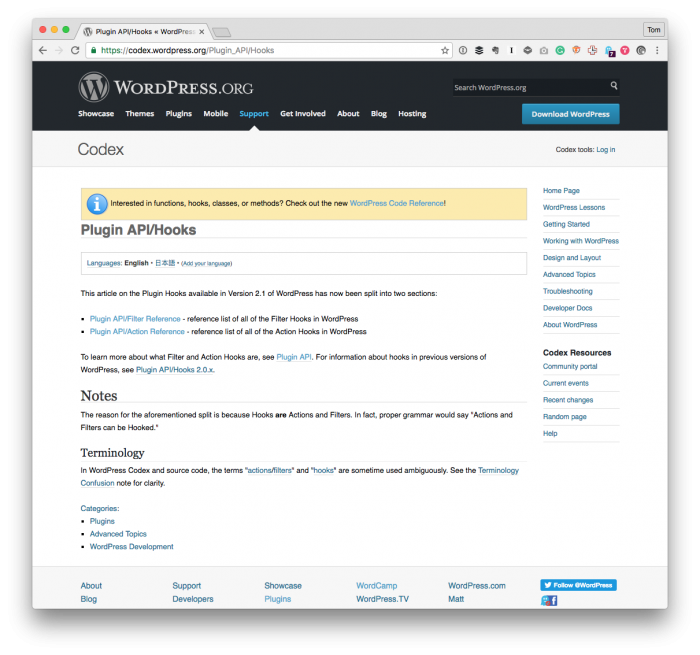Development tools are easy to come by these days. In fact, I think it’s harder to choose what to use than anything else. Never before have we had so many choices especially when it comes to the web.

Just some of the popular programming languages, let alone tools.
Yesterday, I talked a bit about how there’s a particular breed of developers who love to get on their soapboxes and talk all about their superiority because of the development tools they use. If you haven’t read it, you can, but it’s not necessary for this post.
However, I will state that this is Part 2 of what I wrote yesterday. I even said:
Originally, I had this written as a single post, but it got a little long, so I’ve opted to split it into two pieces.
And I know: Yesterday was less about development and more of a critique of the nature of our industry. I try not to write too much about that, but there are times for exceptions. That was a time.
This one is not.




